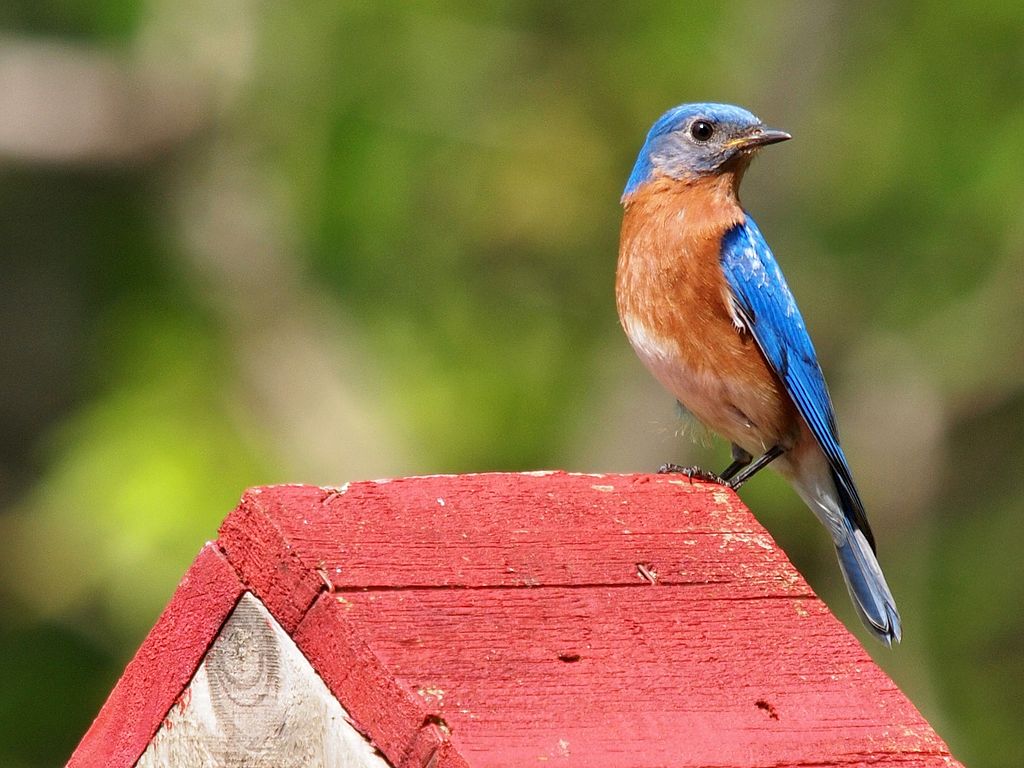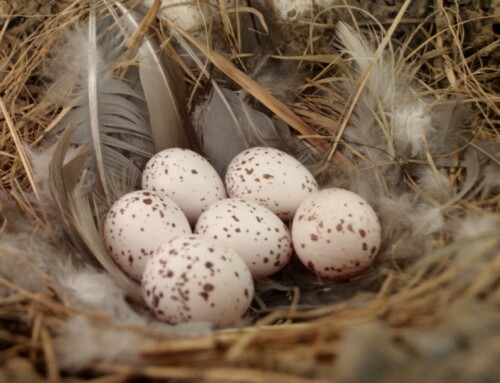LINKED PAPER
Night conditions affect morning incubation behaviour differently across a latitudinal gradient. Nord, A. & Cooper, C.B. 2020. IBIS. DOI: 10.1111/ibi.12804 VIEW
Incubating eggs is no walk in the park. In some bird species, females have to divide their time between keeping the eggs warm and leaving the nest to find food (Nord & Williams 2015). This balancing act is especially tricky after a long and cold night. The birds spend a lot of energy during these nights keeping the eggs and themselves warm. In the morning, they are faced with a difficult dilemma. Do they leave the nest to forage and replenish their energy stores? Or do they spend some more time incubating the eggs that drastically cooled down during the night? When they chose the first option and briefly abandon the nest, the eggs might become even colder which can negatively affect the embryonic development of the chicks (Ardia et al. 2010). But if they decide to incubate longer, the female birds put their own survival chances on the line. A recent study investigated the complex relationship between night conditions and early morning incubation strategies in the Eastern Bluebird (Sialia sialis).
Citizen Science
The researchers used data from a citizen science project in which volunteers monitored the temperature in the nest using two data loggers (Cooper & Mills 2005). One data logger was measured the temperature in the nest cup near the eggs, while the other was mounted on the wall of the nest box to measure ambient temperature. The monitored nest boxes were located across North America, providing the researchers with diverse nightly conditions. It turned out that birds do indeed adjust morning incubation behavior according to temperature at night. Specifically, they took shorter breaks from incubating after cold nights. This suggests that they prioritize the well-being of the eggs before their own health (MacDonald et al. 2014).
Figure 1 Predicted duration of the first morning recess in Eastern Bluebirds as a function of latitude (figure a) and minimum temperature of the previous night ( figure b). Figure b nicely shows that birds took shorter breaks from incubating after a cold night.
Energetic bottleneck
The time when the birds left the nest was also determined by conditions during the night. When the nights were cold, the birds rose earlier after longer nights and later after short nights. This finding can be explained by the ‘energetic bottleneck hypothesis’ which states that birds should stay longer on the nest when energy expenditure is lower (Yom-Tov & Hilborn 1981). After a short night, birds have not spend a lot of energy keeping the eggs warm. Hence, they can continue incubating longer and leave the nest later in the morning. After a long night, however, the birds have used up much of their energy stores and need to leave the nest early to replenish them. On the coldest and longest nights, the birds even left the nest before dawn. Let’s hope the early bird got the worm and made it back in time to continue warming the eggs.
References
Ardia, D.R., Pérez, J.H. & Clotfelter, E.D. (2010). Experimental cooling during incubation leads to reduced innate immunity and body condition in nestling tree swallows. Proceedings of the Royal Society B 277: 1881– 1888. VIEW
Cooper, C.B. & Mills, J. (2005). New software for quantifying incubation behavior from time‐series recordings. Journal of Field Ornithology 76: 352– 356. VIEW
MacDonald, E.C., Camfield, A.J., Jankowski, J.E. & Martin, K. (2014). An alpine‐breeding songbird can adjust dawn incubation rhythms to annual thermal regimes. Auk 131: 495– 506. VIEW
Nord, A. & Williams, J.B. (2015). The energetic costs of incubation. In D.C. Deeming & J.R. Reynolds (eds) Nest, Eggs, and Incubation: 152– 170. Oxford: Oxford Univeristy Press. VIEW
Yom‐Tov, Y. & Hilborn, R. (1981). Energetic constraints on clutch size and time of breeding in temperate zone birds. Oecologia 48: 234– 243. VIEW
Image credits
Top right: Eastern Bluebird Sialia sialis | Ken Thomas | CC BY-SA 2.5 Wikimedia Commons





